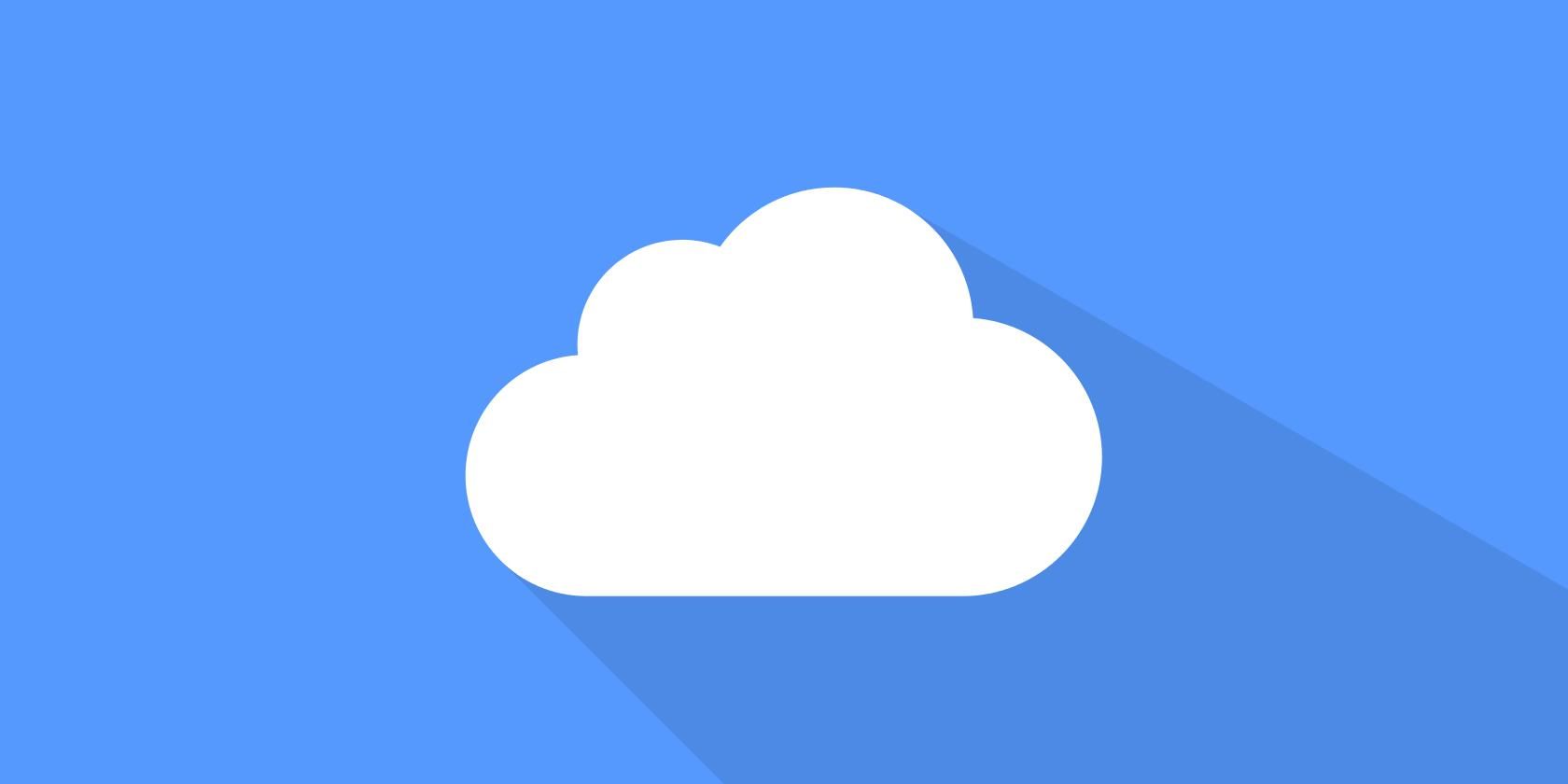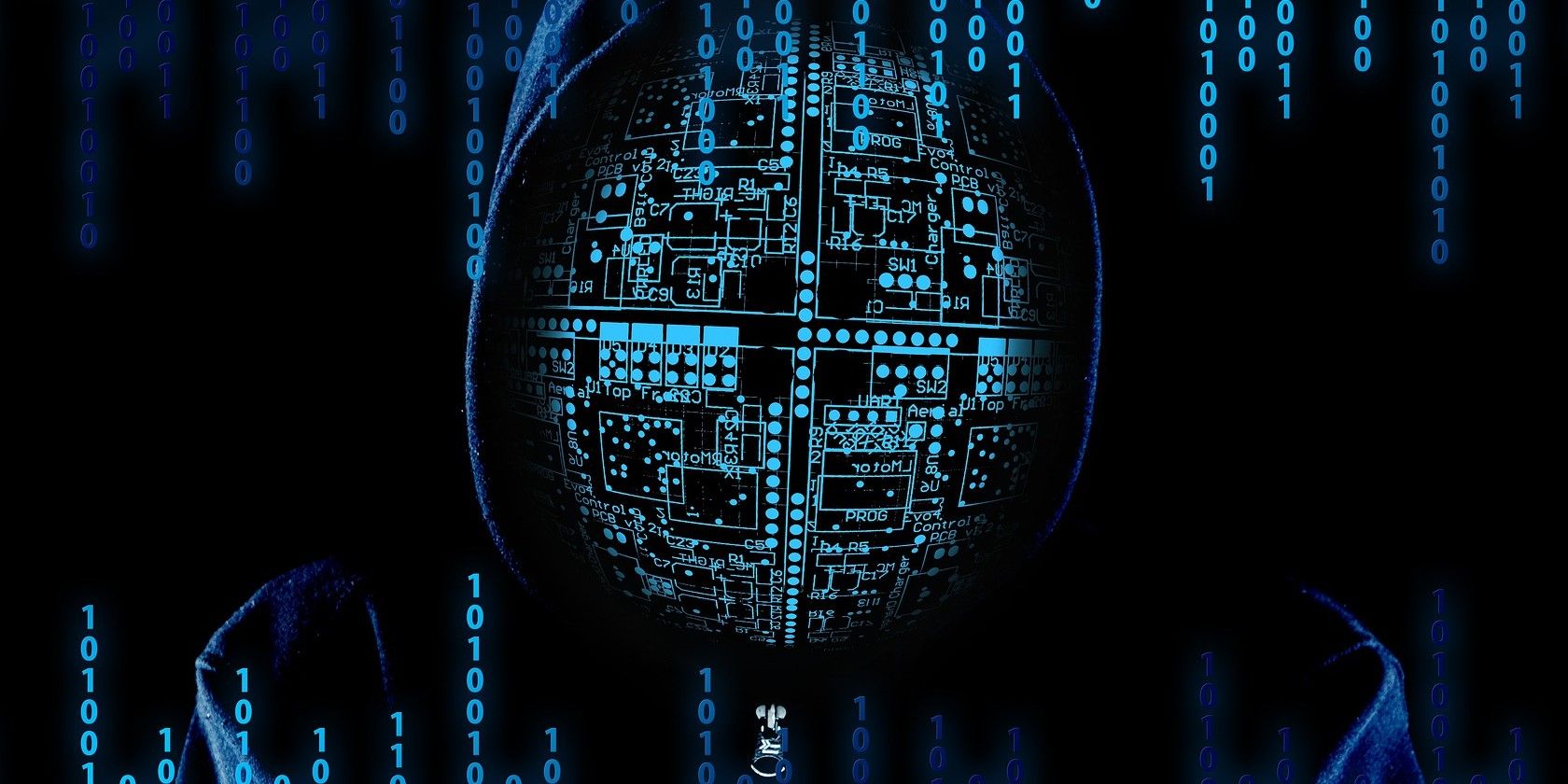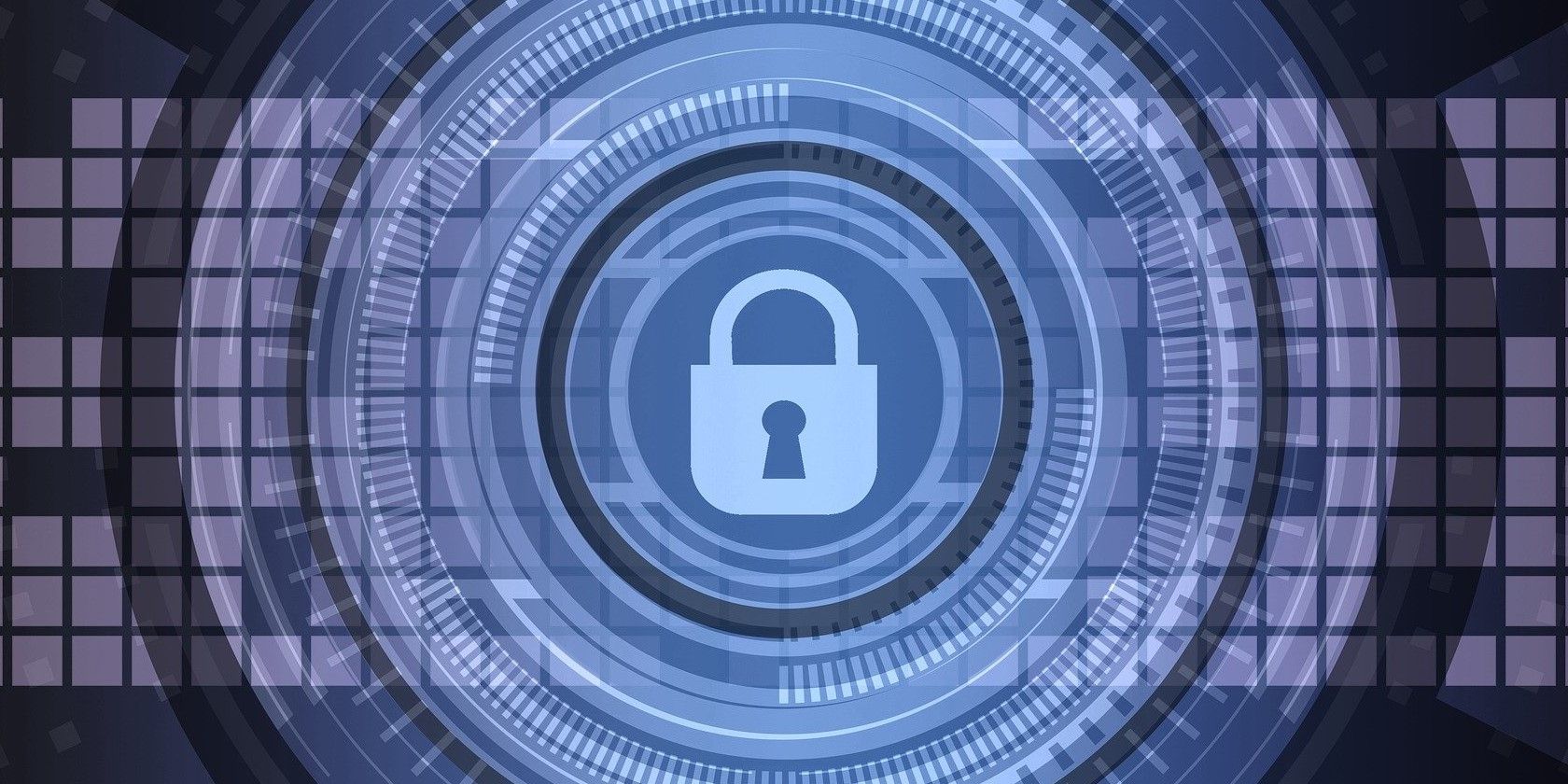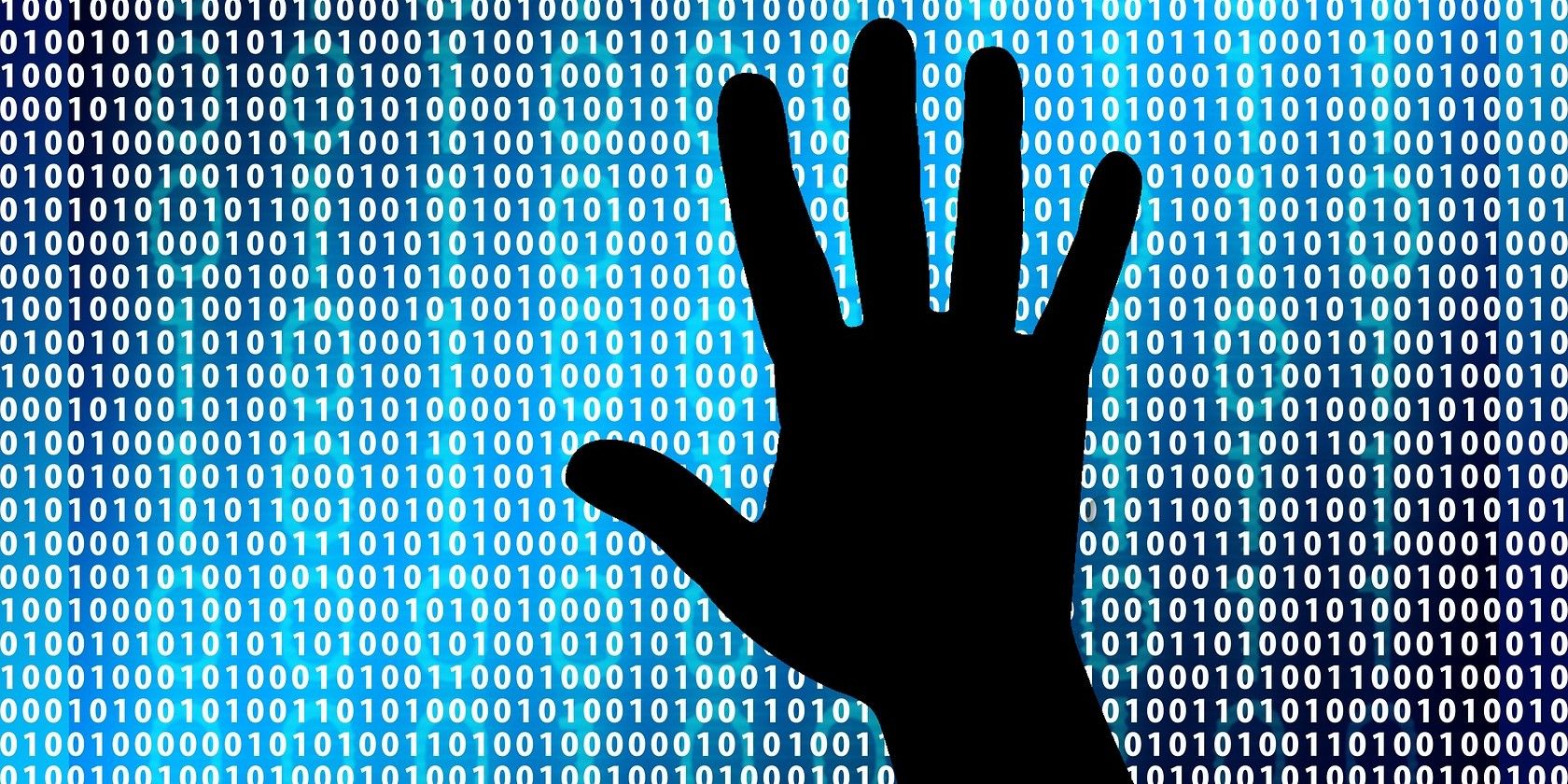If you’re an Apple user, you’re likely use iCloud in some capacity. The popular storage service can be used to back up all of your most important files. Like most Apple products, iCloud is known for being highly secure. Unfortunately, however, this doesn’t mean that individual accounts cannot be hacked.
In order to achieve this, all anybody really has to do is figure out your password.
And if you’re not careful, this isn’t necessarily a difficult task. Here's how your iPhone data can be hacked via iCloud and what you can do to protect your Apple account.
How Your iCloud Can Be Hacked
There are a number of different ways that hackers can try to figure out your password. Here are five of the most likely.
Phishing Attacks
Phishing websites are designed to steal passwords through misdirection.
They achieve this by replicating legitimate websites. For example, you might encounter such a site that looks identical to iCloud.com. But when you enter your account details, it’s hackers that receive the information, not Apple.
If this sounds familiar, that’s because it was actually a phishing attack that resulted in the celebrity iCloud hack of 2014. Phishing websites can often be found in both Google search results and spam emails.
Solution: When visiting a website that requires sensitive account details, always type the URL in directly or use a browser bookmark. Further check for secure indicators like an SSL certificate, i.e. the URL will read HTTPS, not HTTP.
Malicious Apps
Malicious apps can be used to steal passwords from your iPhone or iPad. Apple takes malware very seriously. And it does a good job of policing the App Store. But much like the Google Play Store, malware infected apps do occasionally get through.
If your device has been jailbroken, this is an even bigger risk. Jailbreaking an iPhone allows the user to install apps from just about anywhere. And this is exactly what potential hackers want you to do.
Solution: Don’t download apps from anywhere other than the App Store. And even then, keep an eye on what permissions you grant them.
Compromised Computers
If you use your iCloud account on non Apple devices, this opens the door to a number of additional threats. While malware is rarely found on Apple devices, the same cannot be said of devices that run Windows.
Keyloggers and Remote Access Trojans, for example, can both be used to steal your iCloud password the moment you log in.
Solution: Only use computers that you trust and make sure that they have a strong antivirus installed.
Unencrypted Public Wi-Fi Hotspots
One in four public Wi-Fi hotspots are unencrypted. And when you connect to such networks, your iCloud account becomes vulnerable in two different ways.
Man-in-the-middle attacks can be performed whereby hackers intercept your password after you enter it onto your device but before it reaches your iCloud account.
Session hijacking can occur whereby the cookie that’s used to keep you logged into your iCloud account is stolen. This can then be used by attackers to log into your account on another device.
Either one of these attacks can be used by third parties to hack your account.
Solution: Don’t use unencrypted Wi-Fi hotspots and consider installing a VPN from a trusted source. This will encrypt data and strengthen your personal security.
Weak Passwords and Security Questions
If you didn’t set up your account carefully, this is another easy way for it to fall into the wrong hands. Hackers use software programs that can make repeated attempts at both iCloud passwords and security questions.
First, they figure out your iCloud account email. This is easily done if you’ve used the same email address on multiple websites. All it takes is for one of those sites to be involved in a data breach and your address is out there permanently.
They then use software to automate the guessing process.
You might think that nobody is interested in your account specifically. And you would largely be right. But the software used makes it easy for hackers to target thousands of random accounts at once.
Solution: Use a strong password. Be careful which security questions you answer. And wherever possible, avoid using the email associated with your Apple ID on multiple websites.
How to Tell if Your iCloud Has Been Hacked
Depending on what the purpose of the hack is, it’s possible for somebody to gain access to your iCloud account without you ever knowing.
In many cases, however, there will be a few tell tale signs. Here’s what to look out for:
- You receive an email from Apple telling you that somebody logged into your account using an unknown device. Or worse, that your password has been changed.
- Your password no longer works.
- Your account details have been changed.
- Your Apple device is locked or it has been placed in Lost Mode.
- You find that purchases have been made on iTunes or the App Store that you didn’t make.
What to Do if Your iCloud Has Been Hacked
If you think that your iCloud has been hacked, here are the steps that you should follow.
- Try to sign into your iCloud account. If this isn’t possible, try to reset your password or unlock your account using security questions.
- If you’ve managed to sign in, change your password immediately. Don’t forget to choose a strong password.
- If you have a credit card linked to your iCloud account, block it as soon as possible to stop cybercriminals from incurring any extra charges.
- Check all of the information that’s associated with your account. Update anything that may have been changed. Now is also a good time to make sure that your security questions aren’t easily guessed.
- If you’re worried that your iCloud account has been hacked, it’s possible that the problem originated with the associated email address. Check that account for signs of compromise and change the password if necessary.
- If you don’t already use 2 Factor Authentication (2FA), take the time to set it up now.
Start Protecting Your iCloud Account Today
Given the number of users that iCloud has, it’s not surprising that it’s a popular target for hackers. Whenever there’s a place that people store valuable files, there will be hackers that want to steal those files in exchange for potential ransom payments.
If you’re currently making any of the mistakes like employing weak passwords or regularly using public Wi-Fi, it’s a good idea to secure your account now before you become a victim.




